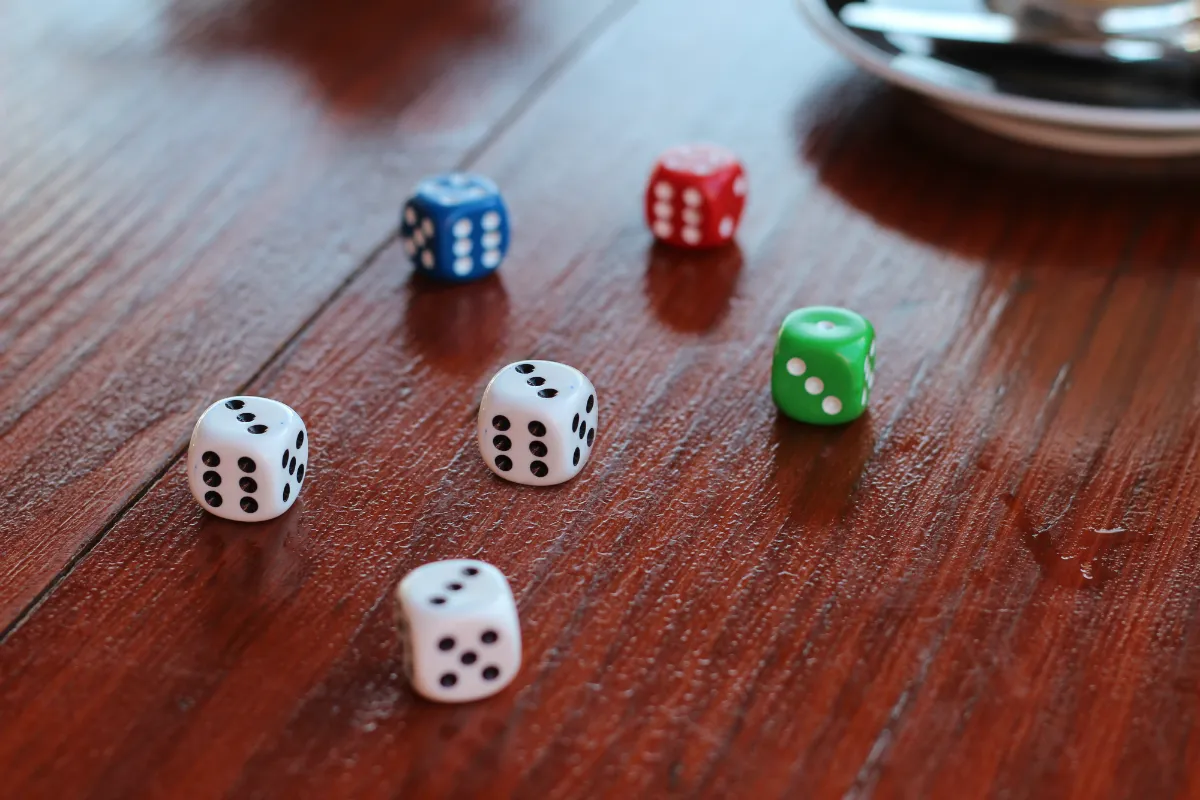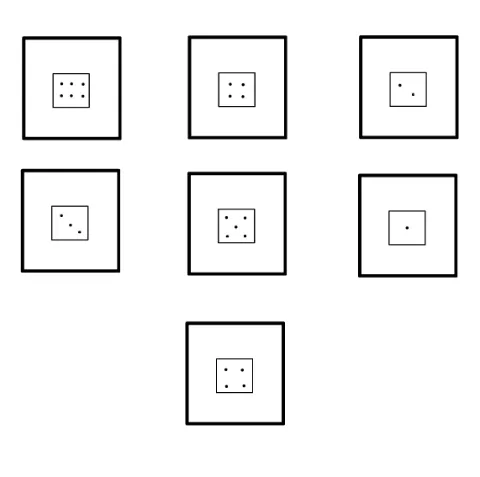
How likely is one thing to happen as opposed to another? Is there a way for the human mind to easily understand probability beyond simple 50/50ish type chances?
If we give an infinite amount of monkeys, an infinite amount of time; will one of them randomly recreate every single Shakespeare play ever written?
You may have caught my recent article: Letters From Darwin - An Evolutionary Coin Flip. In that article I try and show via a thought experiment, that some things when viewed in isolation look magical. However once we take a step back or two, and view the bigger picture, we realise that the probability of our event taking place was near 100%.
However some of the answers I got to that post, especially the brilliant response from @prydefoltz made me realise that I hadn't made my point as succinctly as I intended.
So here we go with attempt number two, again we will use a thought experiment to try and illustrate our point.
Google A Googol
When Larry Page was considering what to call his internet search engine, he decided upon the word Google, which he adapted from the real word; Googol, which is a 1, with 100 zeros after it.
To put that into perspective, the amount of atoms in the whole universe is a 1 with 80 zeros after it, and if you filled the universe with grains of sand, you'd get to roughly 1 with 90 zeros.
A googolplex, is a 1, with a googol amount of zeros after it! It is a very, very large number, in fact it is the largest number with a name.
So if the universe is 1 googolplex metres across; there is definitely an exact copy of you living out their own separate life, somewhere in the universe.
How can I be so sure? Let's look at boxes to help us.
The Box Experiment
Let us imagine for one second that we are going to create dummy universes, using empty cardboard boxes, and six sided dice.
You are standing in a big featureless hall, at your feet is a cardboard box, and in your hand is a dice.
You place the dice in the box and close it; you then pick up the box and throw it across the room. Then you take another empty box, and put a dice in it, and throw it across the room.
Now you are looking at the two boxes, and of course you don't know what each one says. However you do know, that the probability of the second dice being the same as the first, is 1 chance in 6.
You open both boxes and you see that the first was a 2 and the second was a 5. You quickly realise that in order to guarantee that there are at least 2 dice which agree with each other, you are going to have to throw 7 boxes each containing one dice.
So you do, you place just one dice into each box and repeat this 7 times. This now gives you a universe whereby at least two numbers agree with each other.

However you want to make sure there are copies of every single number, so you work out that you need to throw 42 boxes. You figure that if seven boxes gives you one guaranteed double, then 6 x 7 boxes will give you six guaranteed doubles.
Imperfect Probability
So now you have tossed your 42 boxes each containing one dice. You check the boxes and see that you haven't got doubles of every single number. Remarkably, you have only thrown one 2. So you carry on throwing for a while until you get a two.
As it turns out, it takes you another 10 boxes to roll a two. You start the experiment again, you make sure that the numbers 1-6 are represented in your first set of boxes, and then you start rolling.
You realise that there is still a probability of not throwing doubles if you don't throw enough boxes, maybe 52 was lucky.
So instead you throw 36x36x36x36x36x36(x2) = 532 boxes.
Now you are happier, you know that there are 216 possible combinations when throwing 6 dice together, this is because each die has six faces, and when thrown with another die, you times 6 by 6 to get the number of possibilities.
You realise the room you are in isn't big enough, so you go next door to a room that is ten times as big. Now you can throw thousands of boxes if you want to. So you do, you throw five thousand boxes, now you know without a doubt, that every single number is represented at least twice.
This is because the probability of there only being one 5, for instance is almost zero, seeing there are only five other numbers that aren't five, and you have thrown so many dice.
From Boxes To Universes
Now we go back to the universe, and instead of dice in a box, we are looking at the human body; which is roughly 1 cubic metre.
Then instead of dice, we are using atoms, in fact we look at all the atoms in your body and realise that just like the dice, there are a finite way to arrange those atoms
For a volume the size of your body the number of possible arrangements of atoms is 10 x 10 to the power of 70, which is a 1 with 70 zeros after it. Which is far less cubic metres than would exist if our universe was a googolplex metres across.
So in the same way, as long as you had a big enough room like in our thought experiment and you kept on throwing boxes (rearranging atoms), you would eventually get a copy of every single dice. So too would you get a copy of every single person in a googolplex universe!
What's The Point?
My point is, that on a long enough time line, everything will eventually happen. You will toss 100 heads in a row, or type out the complete works of Shakespeare by accident.
In fact, you wouldn't need an infinite amount of monkeys; you would just need one monkey with an infinite amount of time and stamina. Because there are a finite amount of combinations, those typewriter keys can be hit; therefore given enough time, all combinations will be typed.
This is the essence of chance and probability, it is mundane, because it says just do something enough times, and the desired outcome will happen.
It's not very magical, or spiritual, so sorry about that; it is however real, and of course very useful; try, try, try again, and you will succeed.
Further reading & study:
Surviving A Post Truth World - Fighting A War Between Reason And Superstition
Numberphile Gogoolplex Universe
AS EVER, LET ME KNOW BELOW WHY YOU DISAGREE WITH ME!!!